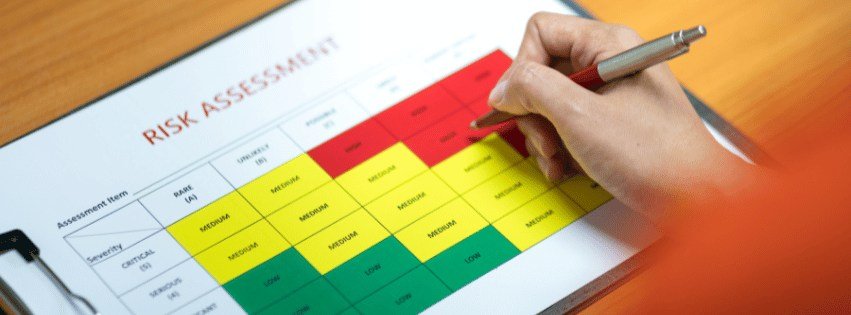In today's ever-changing and rapidly moving work settings, the importance of Health, Safety, and Environment (HSE) experts has grown significantly. They are essential in promoting the safety of employees, preserving the environment, and adhering to regulatory guidelines. This article will explore the functions of HSE professionals, their main duties, and the significance of their contribution to creating a secure and healthy work environment.
What Do HSE Professionals Do?
HSE professionals have the duty of creating, executing, and supervising health, safety, and environmental initiatives in companies. Their main goal is to recognize and reduce potential risks that may result in accidents, injuries, or environmental damage in the workplace. They operate in different sectors such as manufacturing, construction, healthcare, energy, and others, customizing their approaches to tackle challenges specific to each industry.
Key Responsibilities of HSE Professionals:

- Risk Assessment and Management: Health, Safety, and Environmental (HSE) experts carry out thorough evaluations to identify potential workplace hazards, such as physical risks, exposure to chemicals, ergonomic issues, and psychosocial factors. Subsequently, they create plans to manage risks effectively to reduce or eliminate them.
- Development of Safety Policies and Procedures: Another important duty is creating and enforcing comprehensive safety policies and procedures. These documents define safe work behaviours, protocols for emergency responses, and regulations for using equipment to establish a secure work environment.
- Training and Education: HSE professionals arrange and provide safety training programs to instruct employees about potential dangers, safe work practices, and emergency protocols. They also conduct practice drills and simulations to prepare employees for real-life emergency situations.
- Incident Investigation: When workplace incidents occur, HSE professionals take the lead in investigating the root causes to prevent future occurrences. They review data, interview witnesses, and draft plans for corrective actions to tackle underlying problems.
- Environmental Compliance: Ensuring compliance with environmental regulations is another critical responsibility. HSE professionals monitor environmental impacts, supervise waste disposal methods, and introduce sustainability actions to decrease the organization's ecological footprint.
The Importance of HSE Professionals

The significance of HSE professionals lies in their crucial role in fostering a culture of safety, health, and environmental stewardship within companies. Below are some key reasons why their role is vital::
- Employee Safety: HSE professionals prioritize safeguarding the well-being of employees, thereby reducing the chances of workplace accidents, injuries, and illnesses. This not only ensures the protection of employees but also boosts morale and productivity.
- Legal Compliance: Adhering to health, safety, and environmental regulations is obligatory for businesses. HSE professionals ensure that organizations comply with these regulations, thus avoiding legal consequences and penalties.
- Risk Management: By proactively identifying and mitigating risks, HSE professionals help prevent costly incidents, property damage, and business interruptions. This contributes to the overall sustainability and resilience of the organization.
- Reputation and Confidence: A firm dedication to HSE practices enhances the organization's reputation among various stakeholders, such as employees, customers, investors, and the community. It showcases a commitment to ethical business conduct and corporate accountability.
In conclusion, HSE professionals have a pivotal role in upholding a secure, healthy, and environmentally conscious work environment. Their expertise, commitment to risk mitigation, and emphasis on regulatory adherence significantly contribute to the success and sustainability of organizations.


